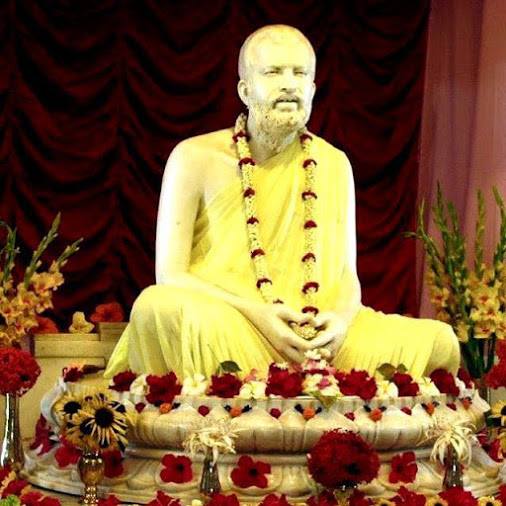Understanding the Personal Form of God :
It is interesting to see that throughout the world, various religious traditions have recognized the personal aspect of God, but they vary widely from one another in their conceptions.
The conception is of course limited by the experiential basis that most people have, so that we treat God in the personal sense as something of an elevated person, something akin to a high king or ruler, and we conceive of some heavenly throne upon which he sits and passes judgments and orders events. We then pray to our God to carry out our wishes and rain down blessings upon us. The specific form of this God varies from one tradition to another.
Sri Aurobindo describes this phenomenon: “The personal God of the European religions is a Person in the human sense of the word, limited by His qualities though otherwise possessed of omnipotence and omniscience; it answers to the Indian special conceptions of Shiva or Vishnu or Brahma or of the Divine Mother of all, Durga or Kali. Each religion really erects a different personal Deity according to its own heart and thought to adore and serve.
The fierce and inexorable God of Calvin is a different being from the sweet and loving God of Saint Francis, as the gracious Vishnu is different from the terrible though always loving and beneficent Kali who has pitey even in her slaying and saves by her destructions.”
The difference we find in India, with these varying conceptions, from the Western view, is that in India there is still a basic understanding that none of these forms limits the Godhead, who is “Ananta-guna” (infinite modes or qualities) and cannot be circumscribed by any particular form or appearance or line of action.
“The Personal God is not limited by His qualities, He is Ananta-guna, capable of infinite qualities and beyond them and lord of them to use them as He will, and He manifests Himself in various names and forms of His infinite godhead to satisfy the desire and need of the individual soul according to its own nature and personality.”
This conception meets the rigid mental formations that have locked in the personal God image we find in the West, and is a major cause of the failure of understanding between the Eastern and Western religious traditions, where such failures occur.
In the West, the specific Person of God is all-powerful and is thus ever-victorious for the believers of a specific faith; while in India, even when one form is worshipped, the others are recognized and provided their own place and justification.
“It is for this reason that the normal European mind finds it so difficult to understand Indian religion as distinct from Vedantic or Sankhya philosophy, because it cannot easily conceive of a personal God with infinite qualities, a personal God who is not a Person, but the sole real Person and the source of all personality. Yet that is the only valid and complete truth of the divine Personality.”
Sri Aurobindo





Comments
Post a Comment